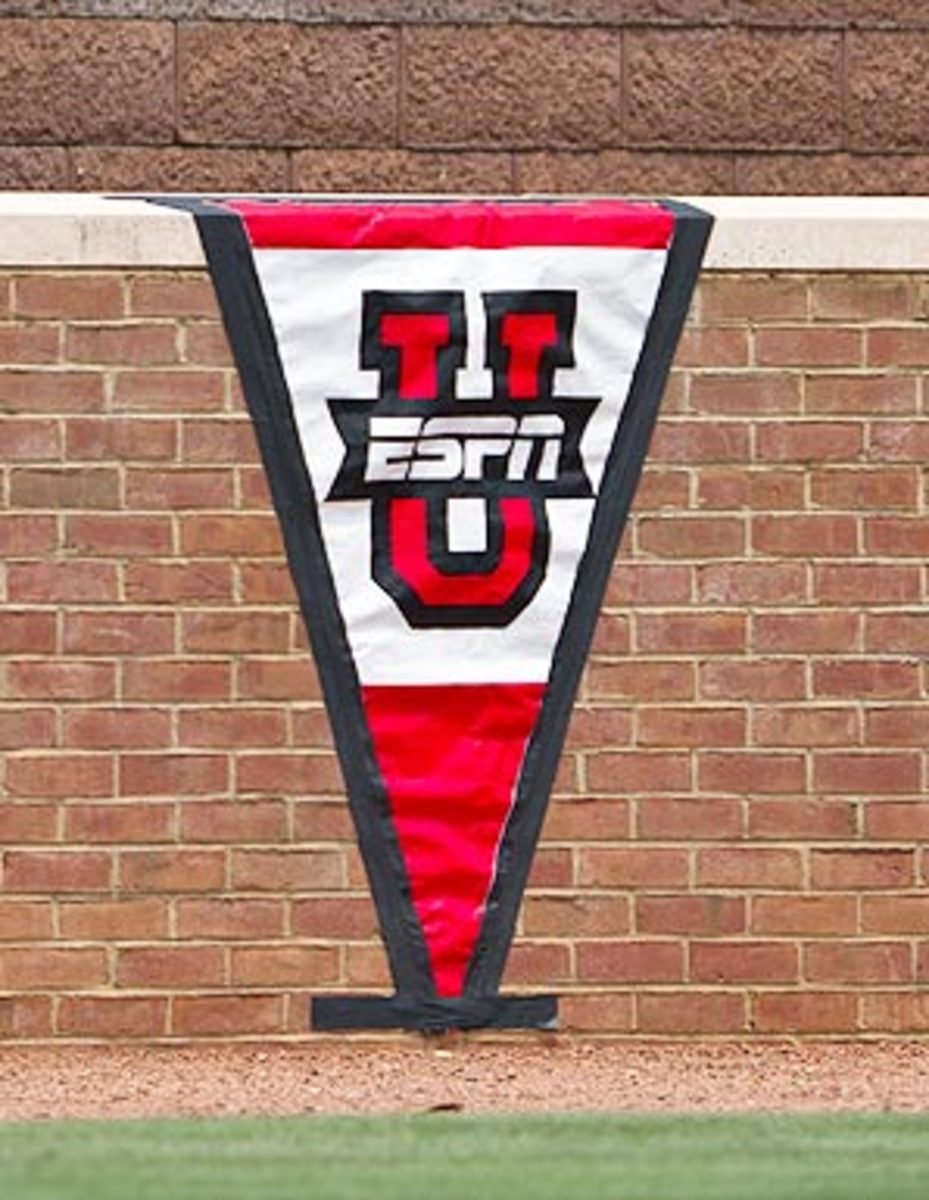ESPN, the Worldwide Leader in Sports, has never loomed larger
Now, in the heart of baseball season, a time of NBA and NHL championships, another fabulous Nadal-Federer final, the start of golf's U.S. Open and the lockouts -- continued and impending -- in the NFL and the NBA, one name in sport still stands above the rest: ESPN.
Of course, the self-proclaimed Worldwide Leader in Sports always bestrides the athletic world like a colossus, but in the astrology of sport, this June has even more so been under the sign of the behemoth.
First, and most revealing, is what ESPN didn't do. It didn't buy the U.S. rights to the four Olympics beginning in 2014. It let NBC, owned by Comcast, pay through the nose to keep them. This absolutely stunned everybody in television. The Olympics are the diadem ESPN has never worn. But the decision of the cable conglomerate -- and remember, ESPN has more of what we now call platforms for the eye and ear than Manolo Blahnik has for the feet: at least a dozen TV outlets, a radio network, a magazine, multiple Internet sites -- suggests a diminished status for the Olympics.
In a lot of eyes the Olympics are now as much a festival as a competition. ESPN made every effort to successfully steal the rights to the World Cup away from NBC. You see, that's the epitome of passion in sport. And if you also own rights to Major League Baseball, football and basketball, plus other world championships, then you don't need a pretty opening ceremony. What ESPN wants is blood-and-guts games, bouts, races and matches -- and so do its loyal male eyeballs.
The fact that ESPN didn't buy a ticket to ride the Olympics tells me the Olympics are now a silver medal in the United States.
Also this week, the monster new tell-all history of ESPN by James Andrew Miller and Tom Shales promptly hit No. 1 on The New York Times best-seller list. Details of the sexy shenanigans that go on at ESPN for lack of much else to do in Bristol, Conn., make for prurient reading, but the most fascinating part of the book is how long it took bankers and broadcasters to catch on to what a bonanza a sports network could be.
And this week also saw the introduction of a new website, financed by ESPN, dedicated to more long-form sportswriting. It's called Grantland, named for Grantland Rice, who was, for the first half of the last century, a one-man sports journalism juggernaut -- newspapers mostly, but also movies, radio, magazines. He wrote 67 million words on sports, prose and poetry -- an average of 3,500 words a day for 53 years. So it's certainly appropriate to name this site after him.
But still, not even Grantland Rice was ESPN. Nobody ever has been. In sports. In journalism.






